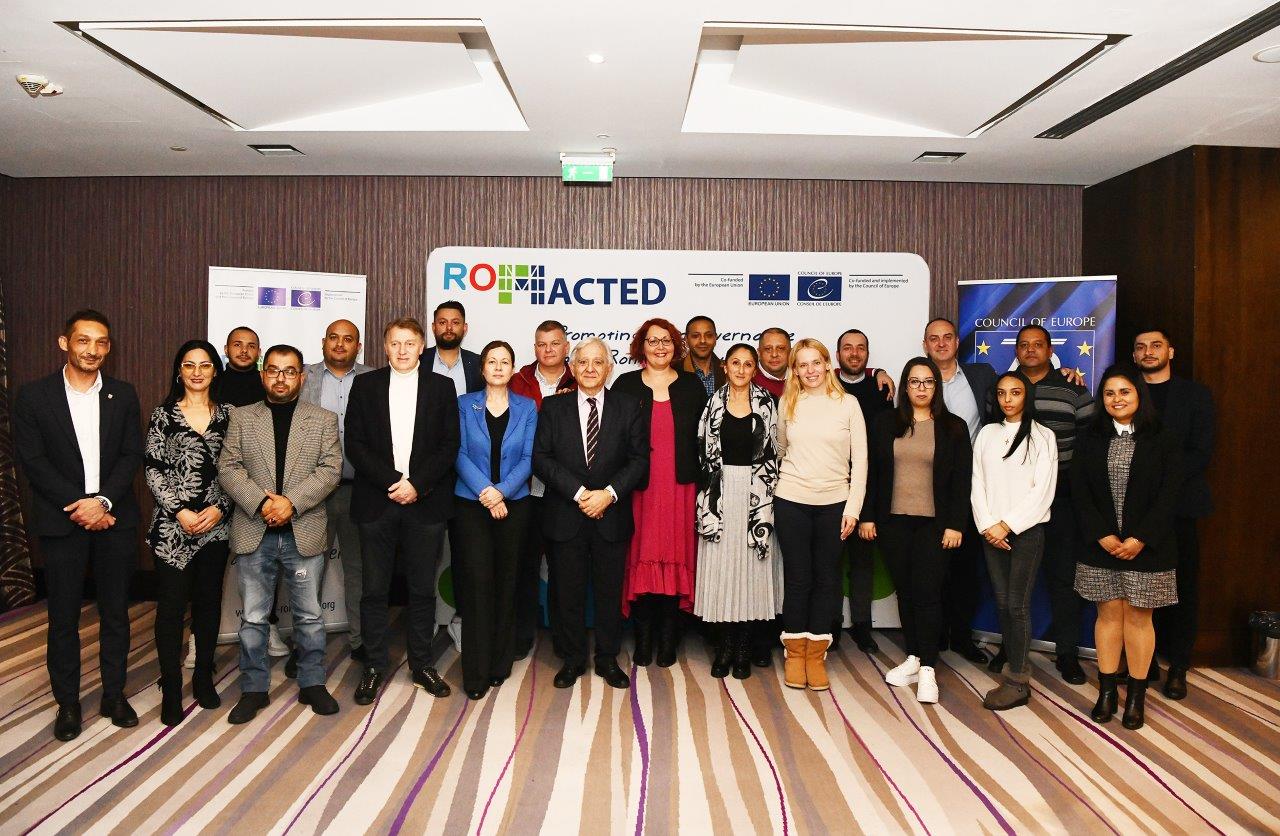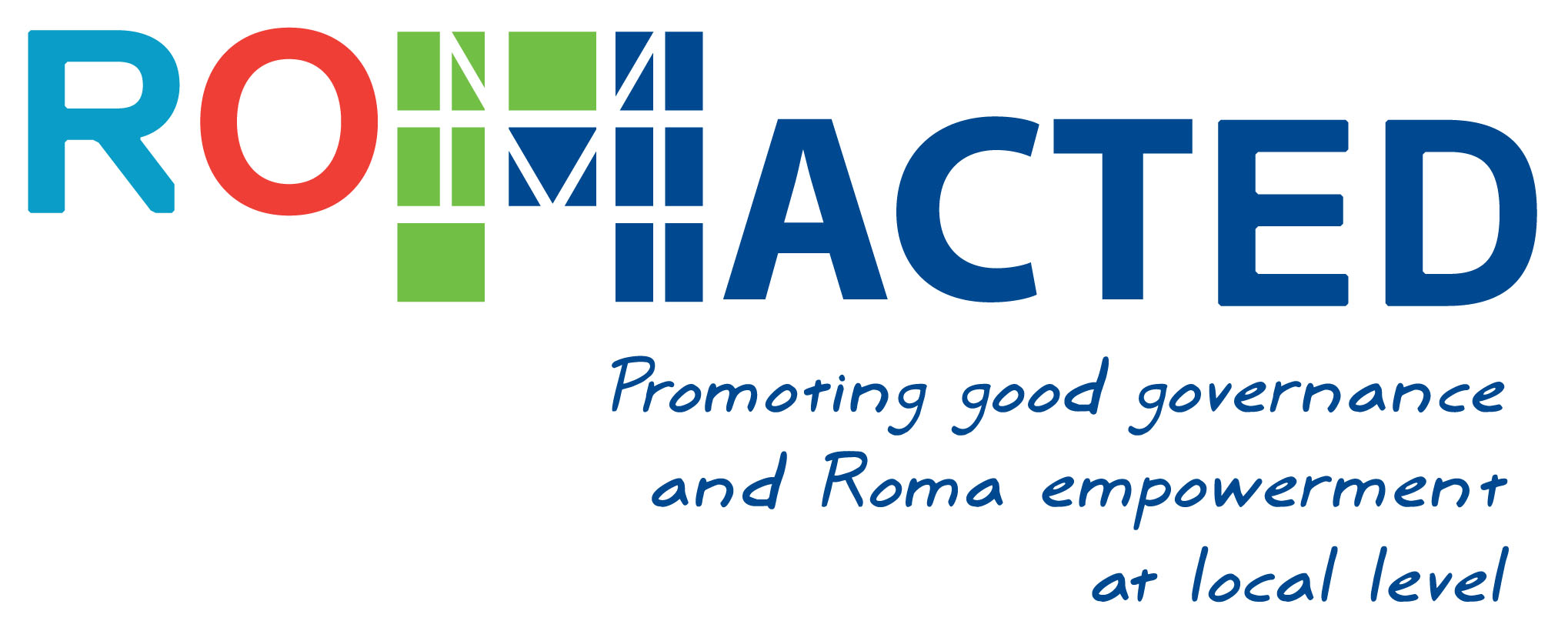The European Union and Council of Europe Joint Programme, ROMACTED II, has made a lasting impact on Roma social inclusion in Serbia, with over 696 local interventions across 13 municipalities. Over the course of four years, through these initiatives the Programme has advanced Roma Responsive Budgeting, fought Antigypsyism, implemented effective inclusion policies, contributing to a more inclusive society for all.
These are just some of the results celebrated at the final ROMACTED II conference in Belgrade, where over 50 key stakeholders gathered to reflect on the Programme’s achievements and reaffirm their commitment to the Roma inclusion agenda.
Held in Belgrade, the conference was opened by Janos Babity, Head of the Council of Europe Office in Belgrade; Tomislav Zigmanov, Minister for Human and Minority Rights and Social Dialogue; Emanuele Giaufret, Ambassador from the EU Delegation to Serbia and Ana Oprisan, ROMACTED Programme Manager. Together, they highlighted the importance of cross-sector collaboration to address the specific needs of Roma communities in Serbia.
Janos Babity stated that “as we conclude this phase of the ROMACTED Programme, I call on all stakeholders — national and local authorities, civil society, and Roma representatives — to build on these achievements. Let us strengthen policies that include Roma not as beneficiaries, but as equal partners in shaping solutions.” He also emphasized that the Council of Europe remains a dedicated partner in the journey, committed to supporting efforts to create an inclusive, equitable, and empowered society for all.
Minister Zigmanov expressed his belief that “the formal channels and mechanisms for the joint involvement of local authorities and Roma communities in policy formulation, decision-making and cooperation with citizens and civil society organisations, which were established during the implementation of the Programme, will continue to contribute to the sustainability of all further activities and initiatives.”
H.E. Ambassador Giaufret highlighted that “Roma are one of the largest yet most discriminated groups of citizens in Serbia so therefore we joined forces with the Ministry of Human Rights and Minorities and our partners in the Council of Europe and Belgrade Fund for Political Excellence, and managed to support and empower Roma communities in 14 local self-governments in Serbia. At the same time, it is crucial that Serbia continues successful implementation of the Roma inclusion Strategy that is in line with EU Roma inclusion framework and fulfil targets set in the Poznan Declaration while the EU will continue to support valuable initiatives, not only because of Serbia's accession to the European Union, but to make the citizens feel the tangible benefits of this process.”
ROMACTED II Project Officer Caslav Ninkovic and Svetlana Stefanovic from the BFPE Foundation for a Responsible Society outlined the Programme's key achievements over the past years, showcasing its impact on both national and local levels. Bajram Morina, Secretary General of the National Council of the Roma National Minority, along with thematic consultants Marina Savkovic and Tibor Domonkos, led discussion on strategies for planning and monitoring measures to enhance Roma inclusion at local level.
Representatives from partner cities and municipalities and ROMACTED facilitators shared success stories, best practices, and lessons learned from implementing local-level initiatives, highlighting the Programme's tangible outcomes. These real-world examples demonstrated the tangible outcomes of the Programme’s efforts to improve Roma inclusion and social cohesion at the grassroots level.
In closing, Ana Oprisan and Caslav Ninkovic emphasised the continued importance of stakeholder collaboration to ensure the long-term socio-economic inclusion of Roma communities in Serbia.
For more information on ROMACTED II achievements and results, check ROMACTED at a Glance and presentation of Small Grants Scheme.
Photo gallery from the event is available here.


